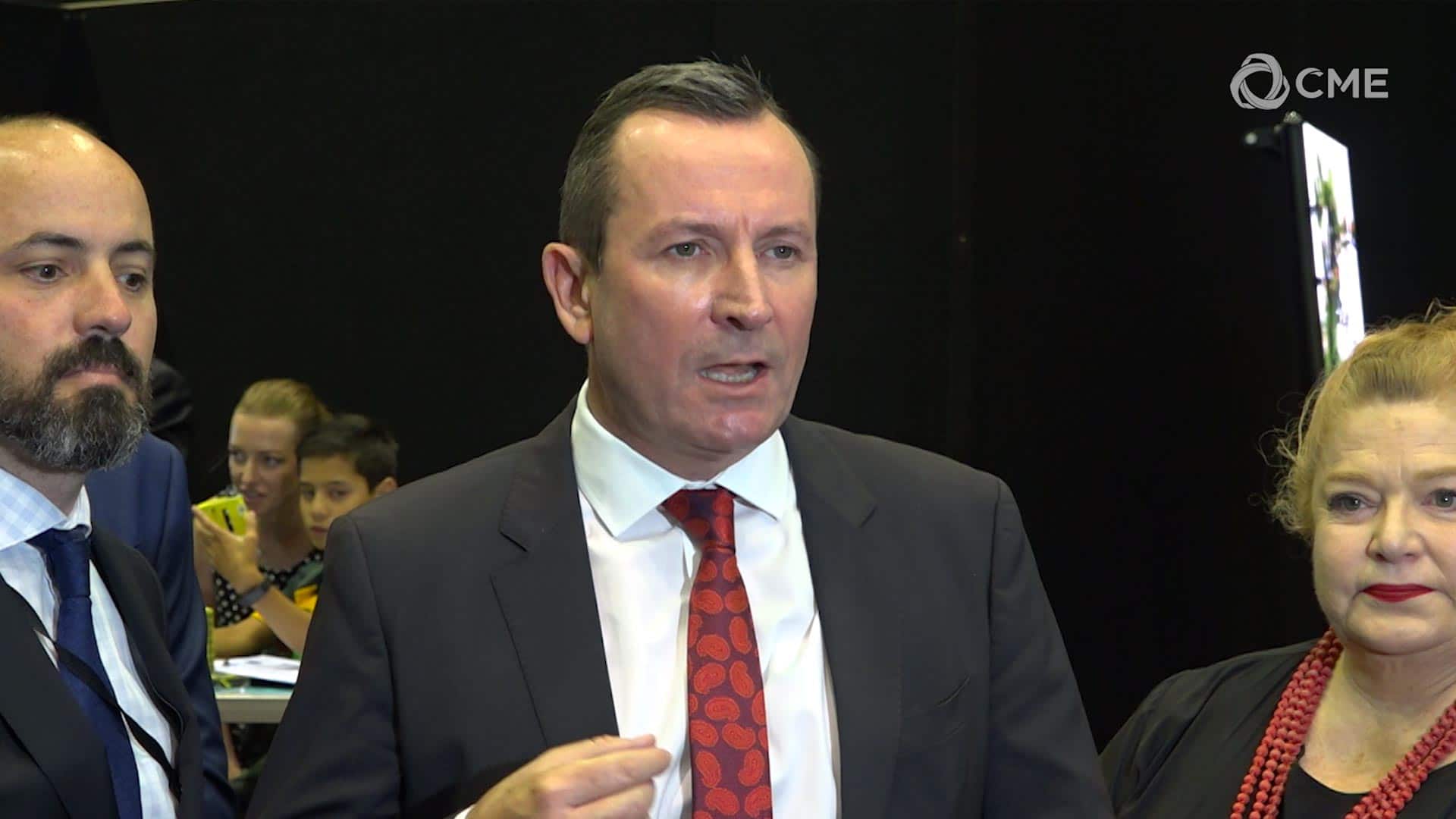Robotics, coding and automation are just a few of the skills that Year 5 and 6 students will be taught under an Australia-first pilot program to be rolled out in the Pilbara next year.
The Digital Technologies pilot was officially launched by Premier Hon Mark McGowan MLA, Minister for Education and Training, Hon Sue Ellery MLC and Chamber of Minerals of Western Australia (CME) CEO, Mr Paul Everingham at the Department of Education’s Innovation Showcase being held as part of the Resources Technology Showcase in Perth.
Mr Everingham said the Resources Challenges: Automation program was funded and developed through the Pilbara Collaboration Charter, signed by the Premier, CME and members BHP, Chevron Australia, CITIC Pacific Mining, Fortescue Metals Group, Rio Tinto Iron Ore, Roy Hill, Woodside and Yara Pilbara.
“Digital technologies are seen as the most exciting change to the school curriculum in a generation. Technology is moving very quickly, which is why we need to ensure that today’s students are equipped with the skills for the jobs of tomorrow,” said Mr Everingham.
“The resources sector is at the forefront of innovation and technology whether it’s through the active use of drones or autonomous haul trucks, drills and underwater vehicles. That’s why digital technology skills are so vital in the twenty-first century.
“I’d like to thank all members of the Pilbara Collaboration for their commitment to developing this program, in association with the Australian Computer Academy, who helped created the real world challenges, and the WA State Government for their co-operation in facilitating this pilot.
”The Resources Challenges: Automation pilot will be rolled out in Term 1 of 2020, to selected classes of year 5 and 6 students across the Pilbara. If the program is successful, it could then be rolled-out to students from pre-primary to year 10 across WA, as well as other Digital Technology courses in automation and data analysis.
“The Resources Challenges: Automation aims to increase young Western Australians’ awareness and interest in career paths in the resources sector, and help support our teachers to deliver sector-relevant challenges through specific classroom challenges,” added Mr Everingham.




